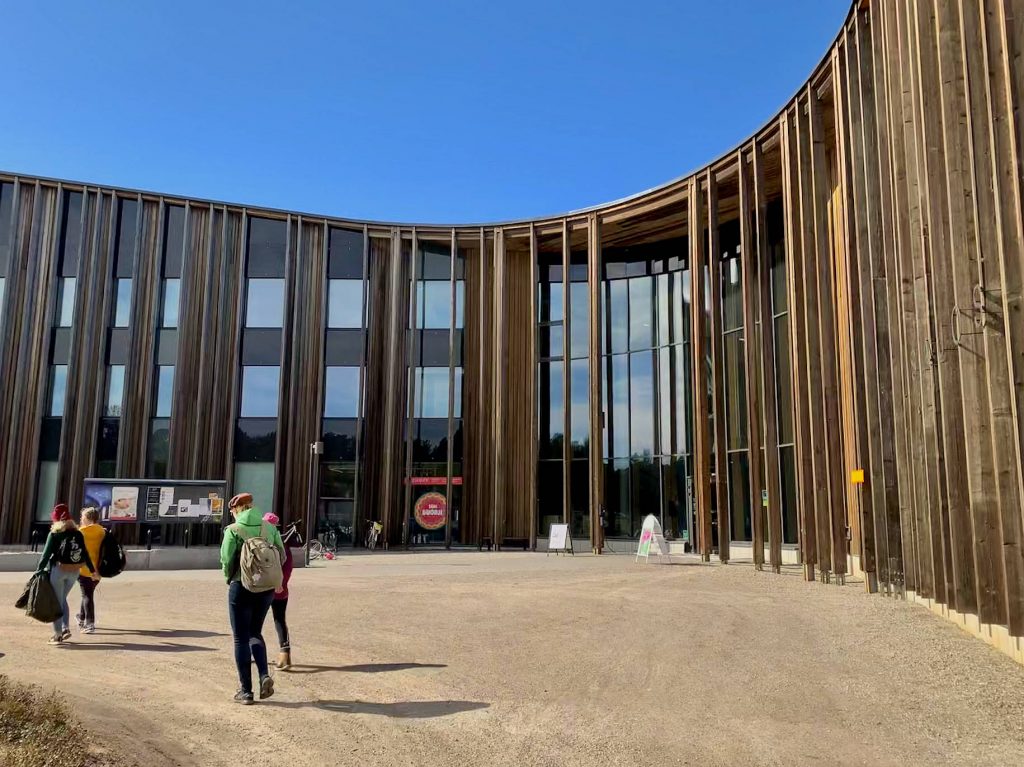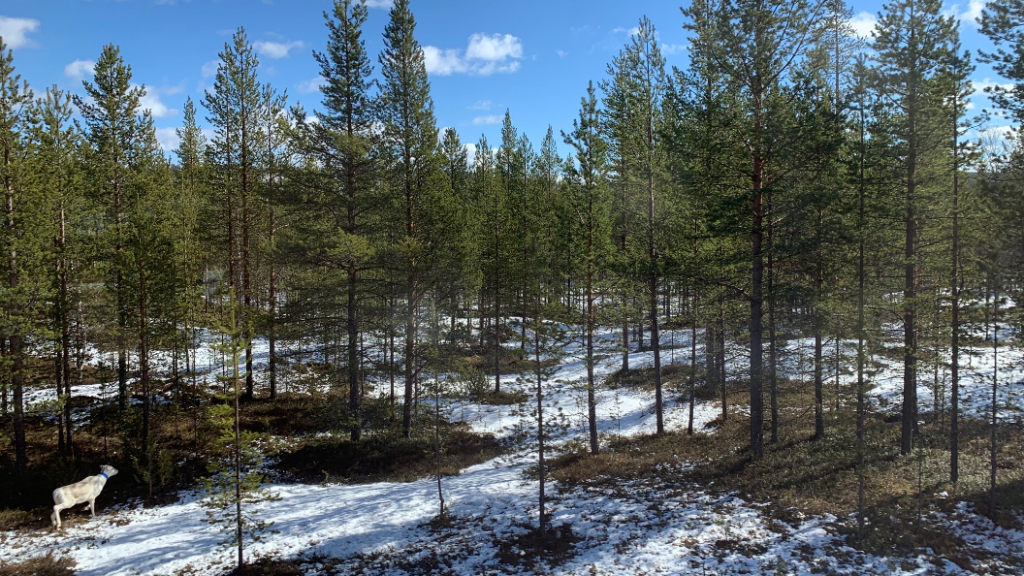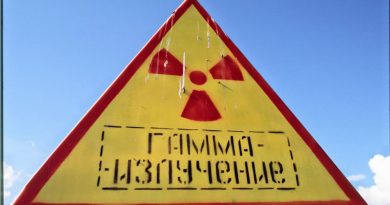Report highlights threat climate change poses for Sami culture

A new report commissioned by the Sámi Truth and Reconciliation Commission in Finland emphasizes the urgent need to establish a comprehensive knowledge base to help the Sámi people navigate the transformation of the Arctic by climate change.
“The Sámi culture is very vulnerable to the effects of climate change,” said a statement on the Finnish government’s website.
“The migration of the Sámi population from their home region threatens the future of the Sámi’s traditional livelihoods and the opportunities to adapt to climate change.”
The Sámi are an Arctic Indigenous people whose traditional homeland, known as Sápmi, spans the northern regions of Norway, Sweden, Finland, and Russia’s Kola Peninsula.
In Finland, there are an estimated 10,000 Sámi.

In 2019, the Finnish government agreed to establish a Truth and Reconciliation Commission, which officially launched in October 2021. Modeled partly on Canada’s commission, the Finnish initiative aims to address the impacts of past assimilation policies and the historical relationship between the Sámi and the Finnish state, which continue to affect Sámi language, culture, and rights.
‘Here in the North we are suffering enormously’
Pirita Näkkäläjärvi, the president of the Sámi Parliament in Finland, said recognition of the need for more robust data is long overdue.
“There is still far too little information on the traditional way of life of the Sámi people and on the home region of the Sámi people,” she said in a statement this week.
“I’m concerned that here in the North we are suffering enormously from the growing uncertainty caused by climate change, but we are largely on the sidelines of research projects related to the green transition, research funding and other various activities.”

The loss of nature poses a serious threat to traditional Sámi ways of life, including hunting, fishing, gathering, handicrafts, and reindeer herding, she said.
“Due to climate change, extreme weather conditions have increased in the North,” she said.
“After a difficult winter, we’ve just experienced a very dry and hot summer. Uncertainty and lack of predictability are the new normal. Climate change and adaptation to it are a fundamental human rights issue for the Sámi.”
Program needed to safeguard traditional lifestyles: recommendation



